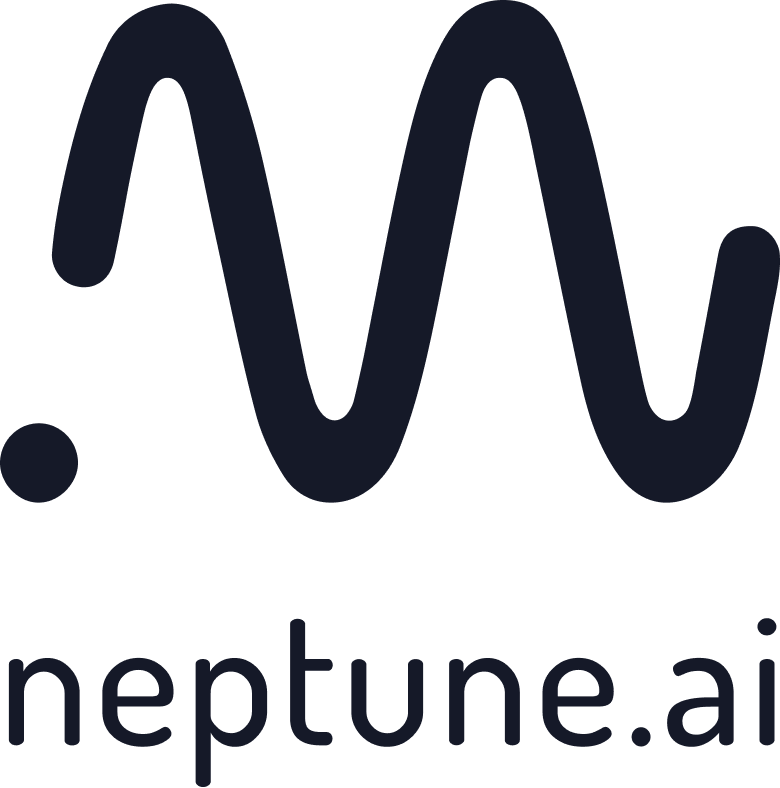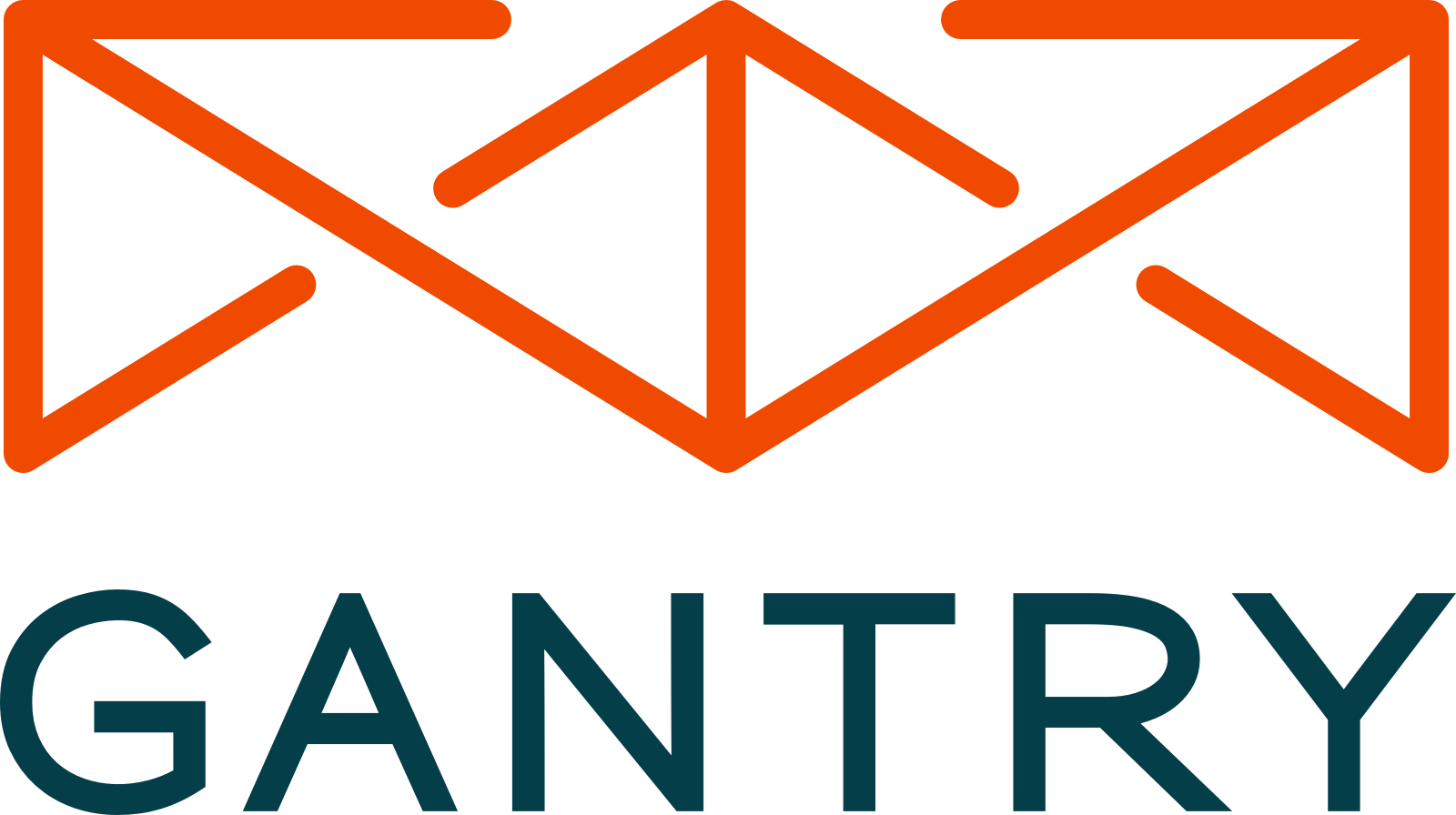Keynotes

Prof. Dietmar Jannach
Title: Multi-Objective Recommender Systems
Abstract: Optimizing recommendations for a single objective, e.g., prediction accuracy, may be too limiting in certain applications. Instead, it is often important not only to consider multiple quality factors of recommendations, e.g., diversity, but to also take the perspectives of multiple stakeholders into account. In this talk, we will review different approaches from the literature that aim to consider multiple objectives in the recommendation process. Furthermore, we will outline open challenges and future directions in this area.
Bio
Dietmar Jannach is a professor of computer science at the University of Klagenfurt, Austria. His main research theme is related to the application of intelligent system technology to practical problems and the development of methods for building knowledge-intensive software applications. In recent years, he worked on various topics in the area of recommender systems. In this area, he also published the first international textbook on the topic.

Prof. Michael D. Ekstrand
Title: Do You Want To Hunt A Kraken? Mapping and Expanding Recommendation Fairness
Abstract: Fair recommendation (and related problems, such as fair information retrieval) is a complex, multi-faceted problem. Significant progress has been made in recent years on identifying and measuring important forms of unfair recommendation, but there are still many ways recommender systems can replicate, exacerbate, or mitigate potentially discriminatory harms that need careful study.
Bio
Michael Ekstrand is an associate professor of computer science at Boise State University, where he co-directs the People and Information Research Team. His research blends information retrieval, human-computer interaction, machine learning, and algorithmic fairness to try to make information access systems good for everyone they affect. He received his Ph.D in 2014 from the University of Minnesota and an NSF CAREER award on measuring fairness in recommender systems in 2018, and leads the LensKit open-source software project for enabling high-velocity reproducible research in recommender systems, among many other activities.









